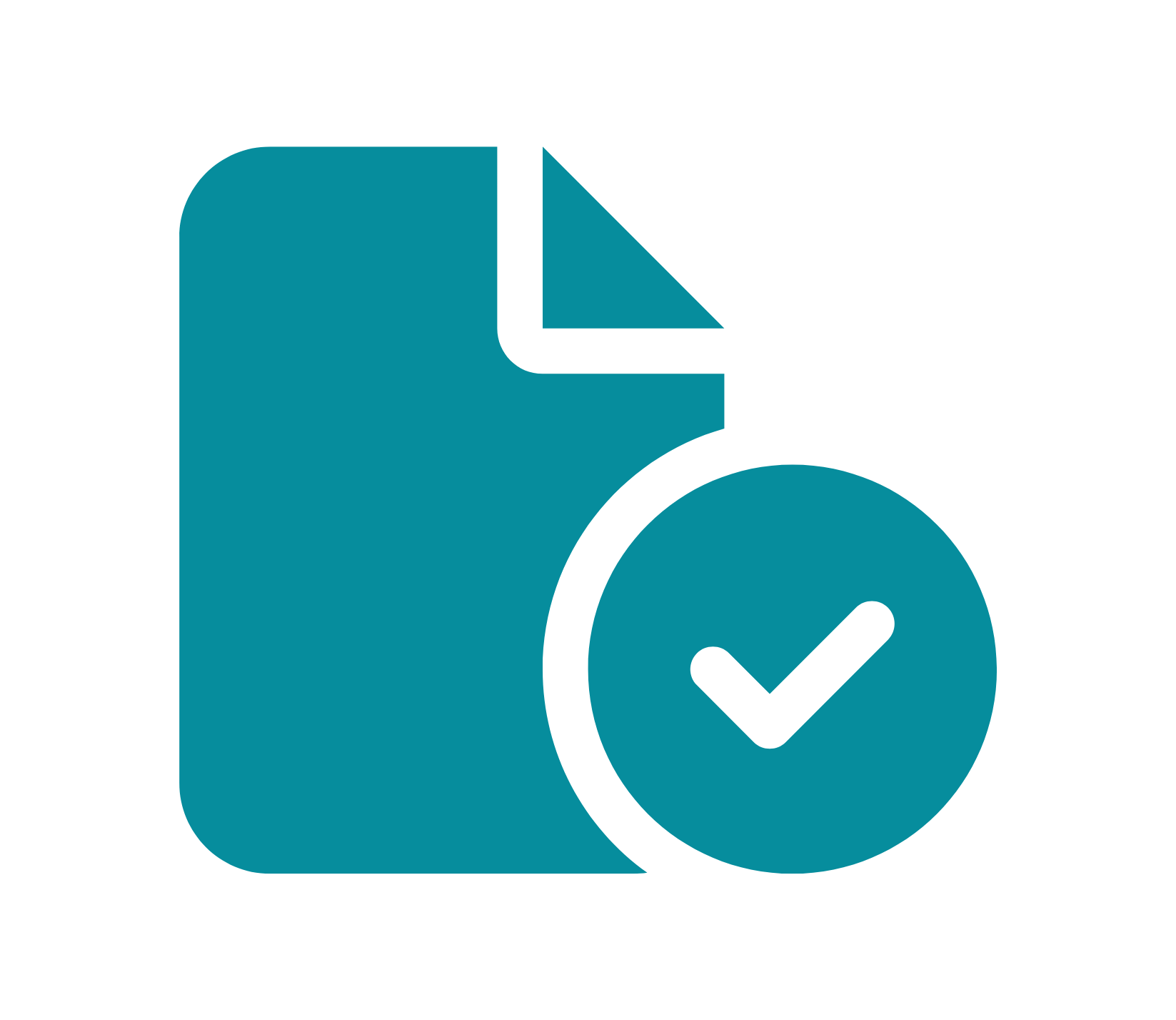Business trips are very important for small companies. Converting leads into loyal, long-term partnerships often requires one or more face-to-face meetings. In our blog you will find six important tips for carrying out business trips efficiently and stress-free.
While large companies have entire teams available to support employees in booking and carrying out business trips, employees at smaller companies are often left to their own devices. There may be no set travel budget, no general travel guidelines and no predetermined booking processes. In our guide you will find everything you need to know to book optimized and standardized business trips even as a small business.
Step 1: Evaluate business travel requirements
Your employees may spend a lot of time on business trips. To ensure their well-being, safety and employee satisfaction, it is extremely important that your business travel program is tailored to their needs.
How often and for what reasons do your employees travel? What are the most important destinations and can travel patterns be identified? Once you have answered these questions, you can specifically address the needs of your employees. Connectivity, privacy and space, efficiency, comfort and reliability are just some of the desires of business travelers. You work remotely and often have very busy daily schedules. To do this, they need the right resources to be able to work effectively and productively.
It’s also important to consider remote work and travel policies to ensure that remote workers are also contemplated when it comes to setting up your travel policy.
To meet business travel requirements, it is also important to set a travel budget. Important factors here are the average business trip duration, air and ground transportation prices, meal costs, hotel rooms, visa and entry permit fees, insurance and so on. This allows you to calculate the average cost of a business trip and create a budget based on your current travel needs.

Step 2: Establish a travel policy
A business travel policy is also crucial for small businesses. It helps you determine how employees travel, where they can stay, what lump sums they are entitled to and much more. It also helps you ensure the safety of travelers.
Whether you have a company with three or 300 employees, policies are important to ensure that everything is clearly regulated and nothing slips through the cracks. It is important that all employees know their role in the approval process and how employees can obtain approvals. If you use a travel management platform like GetGoing, you can automate the entire process.
Of course, you can also set your travel budget and upper limits for flights and hotels in your travel policy. This will help your employees book the right transportation and accommodation options and ultimately save your company money.
Find out the 5 reasons why you need a travel policy.
Step 3: Utilize travel management software
Managing business travel plans can be a time-consuming and complex task. However, thanks to technology and innovative travel solutions, it’s now easier than ever to consolidate all of your business travel bookings in one place.

DID YOU KNOW?
By consolidating on one travel platform, you can book all your trips in one place, be it flights, train trips, rental cars or hotel stays. With a platform like GetGoing, you can store your travel policies in the system, so your employees only make bookings that meet your travel policies, and travel approvals are simplified so you can stay within your budget.
In order to plan and organize business trips efficiently, it is worth using a travel management platform. Finance managers can use the software to make data-driven decisions. Office managers and HR professionals can fulfill their duty of care to ensure their employees are safe and productive, and travelers can book their trips quickly and easily, spending less time booking and more time completing their tasks.
For example, GetGoing is a turnkey digital management solution that helps you manage, optimize and book business travel while keeping track of relevant expenses. GetGoing is a self-service travel management platform aimed at digitally minded companies who want everything simple and in one place.
Step 4: Prioritize cost-effective accommodations
When booking accommodations for your employees, make sure hotels comply with your hotel’s travel policies and choose budget-friendly options. With GetGoing you can search or filter hotels by rating, price, neighborhood, distance and specific chains. You can also see what is and isn’t included in the policy to make booking a breeze.
We also recommend taking advantage of the loyalty programs and corporate offers of well-known hotel chains to negotiate additional discounts for your business travelers. This information can often be stored on travel management platforms so that it is automatically included in bookings.
When traveling for business, accommodation amenities can make a big difference in the comfort and productivity of the trip. Therefore, price alone should not be the deciding criterion. Many hotels offer extras such as free Wi-Fi, business centers, conference rooms and co-working spaces that allow employees to work efficiently and stay connected while on the go.
Step 5: Streamline booking processes
By consolidating on one travel platform, you can book all your trips in one place, be it flights, train trips, rental cars or hotel stays. With a platform like GetGoing, you can store your travel policies in the system, so your employees only make bookings that meet your travel policies, and travel approvals are simplified so you can stay within your budget.
Encourage your employees to book trips early. In this way, better prices for flights and accommodation can often be negotiated. When possible, business travelers should choose flexible travel dates to filter out the cheapest ticket options.
No matter which system you ultimately choose, you should make sure that your employees receive sufficient training to use the travel management platform efficiently. The first step to training your employees is to choose a platform that meets your business needs and goals. This is the only way to achieve a widespread rollout and acceptance among employees.
Step 6: Adapt and evolve
The business travel industry and travel management are continually evolving. But there are also changes in travelers, their preferences, needs and even values. Personal service, networking and comfort have replaced other values such as luxury or exclusivity in travel management. Therefore, travel managers must always be informed about developments and trends that could impact their work.
One of the most noticeable changes is technological development. Advances in connectivity enable corporate travel managers to stay connected 24 hours a day and overcome obstacles such as differences in distance or time zones. There are also many technologies available to collect more and higher quality data, enabling in-depth analysis of companies’ business travel data.
It is therefore crucial for small businesses to keep an eye on new technologies and industry trends and to adapt their strategies and directions according to the needs of the company.
The importance of optimizing and consolidating corporate travel bookings
In our article we showed you that it is also important for small companies to optimize and consolidate booking processes for business trips. From compiling your company’s business travel requirements to standardized travel guidelines to creating travel budgets, there are many steps that will help you plan and execute business trips more efficiently.
Once you’ve decided who the stakeholders are, created a travel policy, and informed your employees about the policy, it’s time to set up your approval process in the travel management platform. A travel management platform like GetGoing is the key to optimizing business travel planning. You can set up and automate your travel policies, delegate your approvers, and relinquish control knowing your platform is working for you 24/7 to ensure you get the most out of your business travel program.


